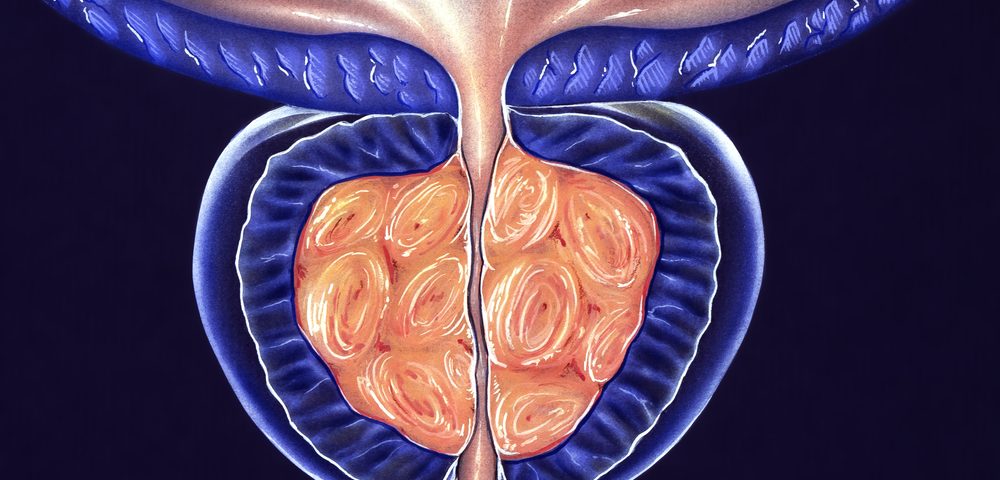Suppressing a prostate patient’s production of sex hormones after laser surgery speeds the healing of the wound the operation created, according to a Chinese study using dogs.
Androgen deprivation — or depriving the body of sex hormones such as testosterone — not only helps heal a wound, but regulates inflammation and promotes the formation of new epithelial tissue, the researchers said. Epithelial cells cover the prostate and other glands.
“This finding could bring [a] new point of view to the wound healing process of the prostatic urethra and the treatment of subsequent complications after prostatectomy [removal of the prostate tissue],” the authors of the study wrote.
The study, “Androgen Deprivation Accelerates the Prostatic Urethra Wound Healing After Thulium Laser Resection of the Prostate by Promoting Re-Epithelialization and Regulating the Macrophage Polarization,” was published in the journal The Prostate.
To determine androgen’s role in wound healing, researchers led by Dr. Shu-Jie Xia compared healing in two sets of dogs who had prostate surgery. One set had been castrated, and therefore deprived of androgen. The other set was given additional androgen.
Xia is with the Department of Urology at Shanghai General Hospital and the Shanghai Jiao Tong University School of Medicine.
As a control, the researchers performed sham castrations on some dogs. That involved taking all steps in castration except removing tissue. The purpose was to rule out the possibility that actual castration would impact the results.
Sham castrations were performed both on dogs with normal hormone levels and dogs who received extra androgen.
Researchers then performed a prostate-reduction operation called thulium laser resection of the prostate (TmLRP) in all the dogs. TmLRP is one of two types of surgery commonly used to treat men with an enlarged prostate, or benign prostatic hyperplasia (BPH).
Xia’s team checked the dogs’ prostate wounds once a week after TmLRP. They also analyzed the formation of new epithelial tissue around the wounds, and checked inflammation in wound tissue.
Healing was fastest in dogs that had been castrated and did not receive testosterone. The second-fastest healers were dogs who had sham castration and natural androgen levels. Healing was slowest in dogs with sham castration that were given extra testosterone.
Castration accelerated the formation of new epithelial tissue around the wound, researchers found. It also reduced the duration of the inflammation phase and accelerated the wound’s maturation. In contrast, testosterone supplementation increased inflammation and prolonged the inflammatory phase.
“Androgen deprivation promotes re-epithelialization of the wound, regulates the inflammatory response, and accelerates wound healing of the prostatic urethra after a TmLRP,” the authors concluded.
Bleeding, urinary tract infections, and pain while urinating are common complications of TmLRP. They generally last until the wound on the prostatic urethra — the part of the urethra that passes through the prostate — has healed completely.
The researchers suggested that androgen deprivation therapy could have the same effect in humans as in dogs: promoting wound healing in those who undergo prostate surgery and minimizing complications associated with the operation.

